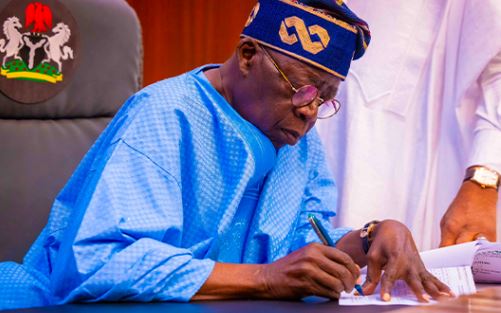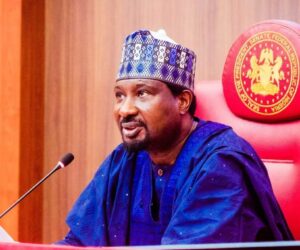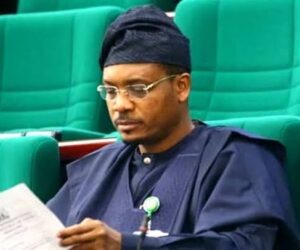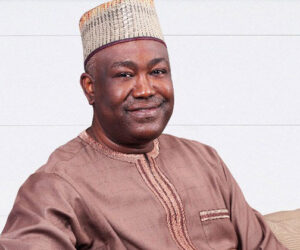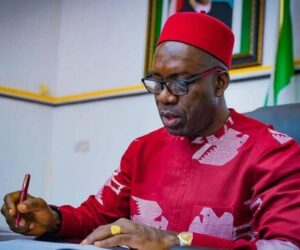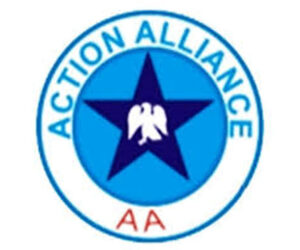1
ABUJA – President Bola Ahmed Tinubu has withheld his assent to the Nigerian Institute of Transport Technology (Establishment) Bill, 2025, citing what he described as “fundamental defects” that could create loopholes for financial mismanagement and constitutional breaches.
In a formal letter addressed to the President of the Senate, Senator Godswill Akpabio, and read during plenary, the President, in his capacity as Commander-in-Chief of the Armed Forces of the Federal Republic of Nigeria, invoked Section 58(4) of the 1999 Constitution (as amended) to communicate his decision to decline assent to the proposed legislation.
The letter, dated July 30, 2025, detailed several objections to the bill, particularly clauses relating to funding sources, borrowing powers, and the handling of surplus or investible funds of the proposed institute.
President Tinubu noted that Section 18(4a) of the bill sought to expand the funding sources of the National Transport Logistics Research component of the institute to include one percent levy on every import and export from Nigeria, without prior approval of the Federal Executive Council (FEC).
According to him, such a provision was inconsistent with established fiscal procedures, especially when the institute itself is to be funded by the federal government.
“The bill expands the source of funding… to include one percent of the tariff on every import and every export from Nigeria without the approval of the Federal Executive Council, and more so when the institute is to be funded by the very federal government itself,” the President stated.
The President also raised concerns about Section 21(2) of the bill, which empowers the institute to borrow by way of loans or overdrafts without the consent of the President, except where the amount exceeds ₦50 million. Tinubu observed that, under existing laws, such borrowings can only be undertaken with presidential approval.
He warned that removing this control could encourage financial recklessness.
“The removal of the approval of the President has not been explained or justified. The provision could be abused as the institute may request to borrow an amount equal to ₦50 million or less in order to avoid presidential approval. This will amount to serious financial abuse,” the letter read.
In addition, Tinubu faulted Sections 23 and 24(5) of the bill, which authorize the institute to invest surplus funds. He argued that since the institute would be funded directly by the federal government through appropriations, it was unlikely to generate surplus revenues, and any provision allowing it to invest government-allocated funds could open the door to misuse.
“The institute is to be funded by the federal government and money appropriated by the government for any agency is usually budgeted and accounted for. It is unlikely to have surpluses. The issue of investing surplus funds is usually applicable to agencies that are not funded by the Federal Government of Nigeria,” the President explained.
He further pointed out contradictions between Sections 18(2) and 23, saying while Section 18(2) stipulates that all funds must be used to promote the objectives and functions of the Act, Section 23 appears to authorize the investment of such funds in securities.
“This seems contradictory,” Tinubu said, adding that the lack of clarity could enable diversion of public funds “from their original purposes.”
Based on these observations, President Tinubu formally notified the National Assembly of his decision to withhold assent and urged lawmakers to review the contentious provisions in line with extant financial regulations and executive oversight requirements.
“On the above reasons, I withhold my assent to the bill,” the President concluded, while reaffirming “the assurances of my highest regards” to the Senate President and the distinguished senators.
The Senate is expected to review the communication and determine whether to amend the contentious sections or override the President’s veto in accordance with constitutional provisions.

